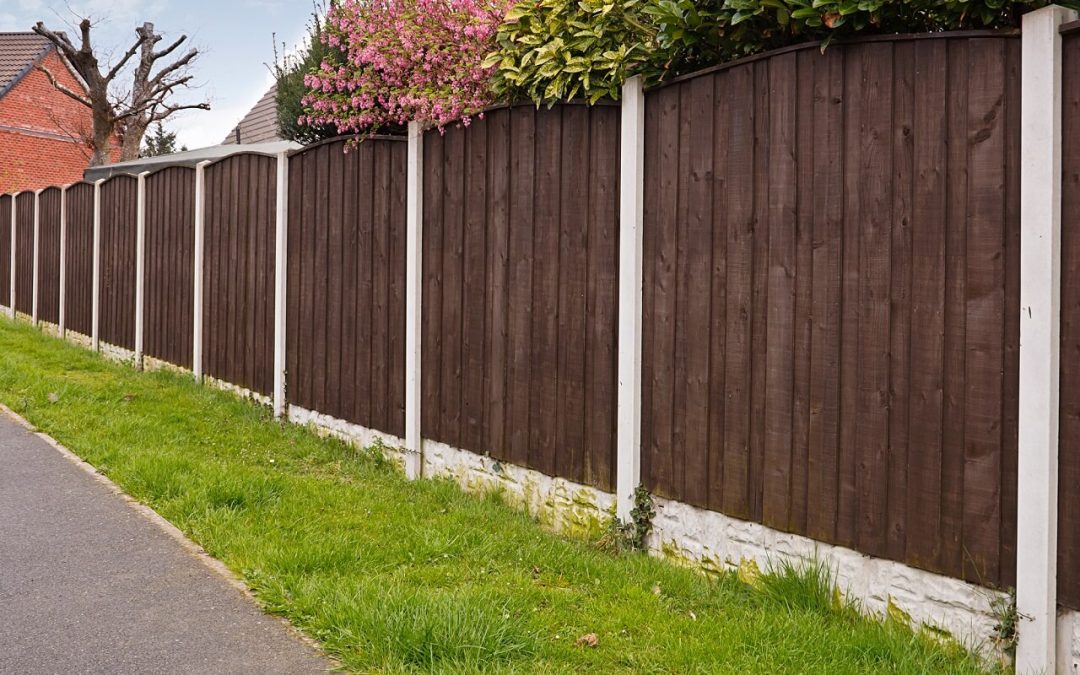Fencing can provide privacy, increase property value, and help protect your family. When you are designing a new fence, local codes, property lines, and terrain must be understood before construction begins. Whether you are hiring a fencing contractor or building a fence on your own, here are important things to remember when planning a new fence.
Planning a New Fence Requires Knowledge of Local Codes and Regulations
Contact the local building department or your homeowners association (HOA) to determine rules and restrictions for installing a fence. Some areas require a building permit, but if you work with a contractor, they will often file for the permit for you. Regulations for a new fence may apply to the height, style, material, and location of the fence.
Function and Type of Your New Fence
Designing and planning for a new fence include determining its purpose. If you are building a fence for privacy or safety, a tall wooden fence along a property line would be best. If your goal is a decorative fence, you might install a metal or stone one surrounding the garden. When adding a fence to contain pets, a chain link around the yard would be the most economical way to go.
Choose Materials When Planning a New Fence
After determining the location and function of your fence, choose the best material to accomplish your goals. Evaluate the cost, aesthetics, maintenance requirements, and durability of different types of fencing materials to decide which is best for the purpose of the structure.
Take Measurements and Create a Sketch
If you hire a fencing contractor, they will create a draft of what your fence will look like, including its dimensions and location. If you are working on the project independently, take measurements of the area that your fence will enclose. When sketching to determine the layout, add all structures in your yard, including trees, landscaping, and the location of your home.
Informing Neighbors
Inform your neighbors about your fencing project so they’ll not be surprised by construction. If you are building the fence as a property boundary, discuss the property lines. If necessary, contact a land surveyor.
Whether you want to increase the safety of your home or bring a design component to your yard, it’s important to choose the right fence. Research codes and requirements, have an idea of where you will install your fence, decide if you will hire a fencing contractor, and talk to your neighbors before starting your project.
Greater Tampa Home Inspections provides home inspection services to Tampa, FL, and the surrounding areas. Contact us to schedule an appointment.

